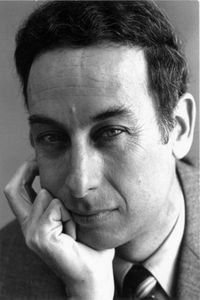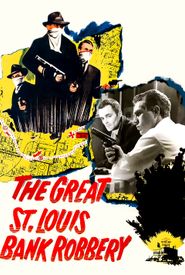Charles Guggenheim was born into a wealthy Cincinnati family, his father being a prominent furniture manufacturer. As a young man, he pursued a degree in agriculture in college, but his academic pursuits were cut short when he was drafted into the army in 1943. After serving his country, Guggenheim decided against a career in agriculture and instead moved to New York to pursue a career in broadcasting. He founded Charles Guggenheim and Associates, a film production company that would become a hub for his creative endeavors.
As he delved deeper into the world of film, Guggenheim's interest in politics grew, and he soon relocated his company to Washington, D.C. There, he became a media adviser to numerous prominent Democratic political figures. His work in politics led him to create a tribute to Robert F. Kennedy, culled from the thousands of feet of film he had shot of Kennedy over the years. The resulting film, "Robert Kennedy Remembered" (1968),earned him an Academy Award for Best Live Action Short.
Guggenheim's filmography is marked by a dedication to documentary filmmaking, where he received his first Academy Award for "Nine from Little Rock" (1965),a film about the desegregation effort in Little Rock, Arkansas, in 1957. He went on to win two more Oscars for documentary filmmaking, in 1989 and 1994. His final documentary, "Berga: Soldiers of Another War" (2003),tells the story of a group of 350 American soldiers captured by the Nazis during the Battle of the Bulge, who were sent to concentration camps due to their perceived Jewish heritage.




























